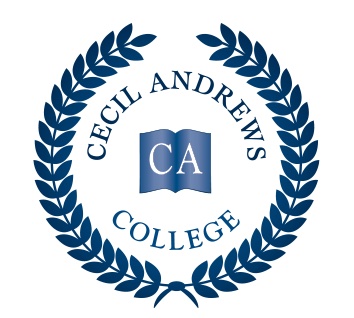Health & PE
The Health and Physical Education Learning Area at Cecil Andrews College aims to provide students with learning experiences that empower students to become confident and capable lifelong participants of healthy and active lifestyles.
Students are given opportunities to develop skills and abilities through the many contexts in which our learning area offers. Our programs are designed to be engaging with a developmental focus on pastoral care, teamwork, cooperative learning, leadership and building important relationship skills for the future. Our Teachers believe in educating the “whole child” and hope to meet the needs of every student in their care.
The Health and Physical Education curriculum has been shaped by five propositions:
- A focus on educative purposes such as learning in, through and about movement;
- Taking a strengths-based approach to support students in developing knowledge, understanding and skills students require to make healthy, safe and active choices;
- Value movement which forms the basis of daily life. Some of our movement contexts assist with performance in other subjects;
- Develop health literacy; and
- Include a critical inquiry approach.
Through a focus on care and support, our Teachers model the types of behaviour that develop good attitudes and values towards health and physical activity. We do this to help each child reach their potential and develop important social critical skills as part of a holistic program. As we recognise the role the family has to play in also developing healthy attitudes for now and into the future, we encourage parents to keep in contact with us over their child’s journey in our programs.
The College has excellent facilities including a large gymnasium, a weight and fitness centre, outdoor basketball, netball and tennis courts and a large outdoor oval with AFL, Soccer and Hockey fields. Considerable care is given to students in regards to sun exposure by rotating classes through the gymnasium and fitness centres where possible.
There are four learning contexts in which students at Cecil Andrews College are involved:
- Physical Education: this includes experiences in sport and fitness related modules, designed for active participation in physical activity both at school and in the community. The skills and abilities learnt in physical education help students make lifelong healthy lifestyle choices. Physical Education is a compulsory part of the curriculum in Years 7 to 10 and can be studied to a high level in Years 11 and 12.
- Health Education: in Years 7, 8, 9 and 10 students are engaged in lessons where they will develop important life skills concerning their health which will also prepare them for their later adolescent years. Topics include growth and relationship issues, building resiliency, coping with pressure and influence, drug education and other community lifestyle issues. Health Education can also be studied to a high level in Years 11 and 12.
- Outdoor Education: this is an elective subject offered in Years 9 to 10 that involves moving in our environment. Contexts include mountain bike riding, snorkelling, expedition hiking and much more. Students develop essential leadership skills through these courses and get to practice them through camps and excursions. The subject can be studied in Years 11 (in 2023) and 12 (in 2024).
- AFL Academy: Cecil Andrews College is also a AFL Specialist school.
Apart from the formal curriculum, there are also excellent opportunities for students to represent their College in interschool sport. These include:
- Swimming (Term 1);
- Year 7-12 Lightning Carnivals in AFL, basketball, netball, soccer, and volleyball (Term 2/3);
- Afterschool sporting competition in AFL, Basketball, Netball and Soccer (Term 2/3);
- Track and Field (Term 3/4);
All our extracurricular sports opportunities, including the school swimming and athletics carnivals, contribute to our pastoral focus of care and concern as part of a wider school approach to meet the needs of every child. Representing the school in sport is considered a high honour and is looked upon by the school as a high and noteworthy achievement.
If you would like to know more about what the Health and Physical Education Learning Area at Cecil Andrews College can offer your child, please do not hesitate to call the Head of Learning Area on (08) 9234 3400.
